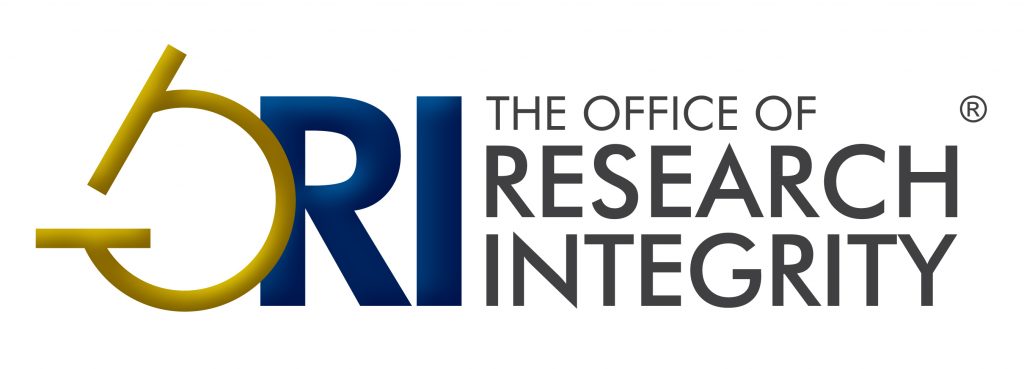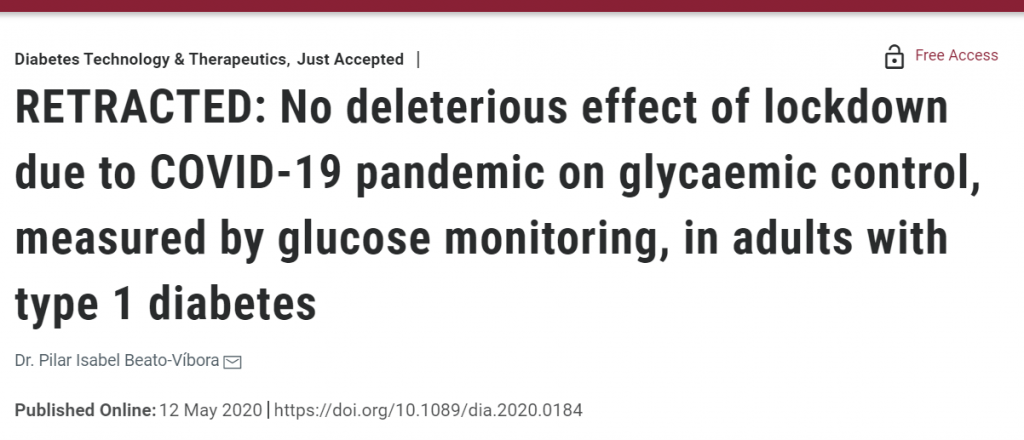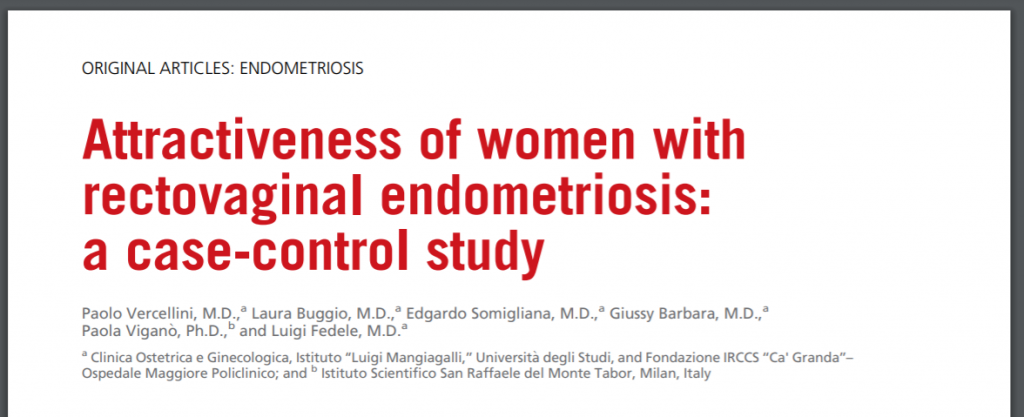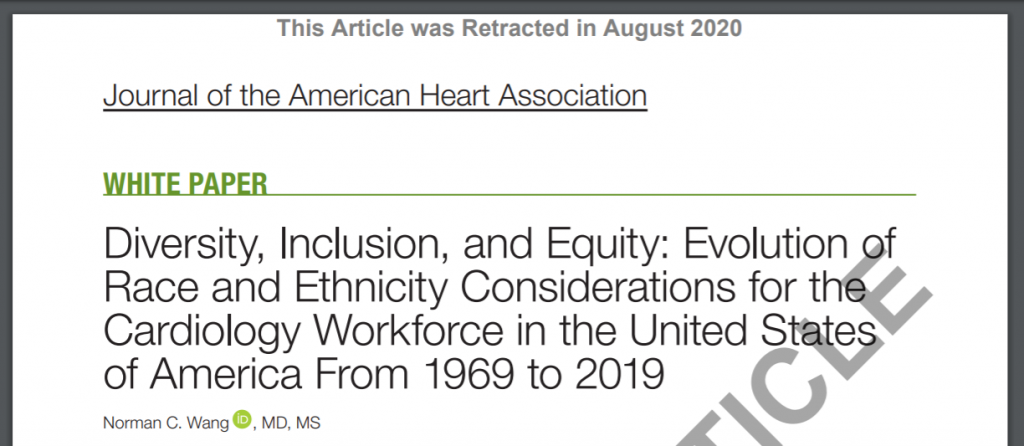
The authors of a 2014 paper in Science have retracted it, after becoming aware that impurities in the chemicals they used for their experiments may have generated the apparent findings.
The paper, “Ammonia synthesis by N2 and steam electrolysis in molten hydroxide suspensions of nanoscale Fe2O3,” has been cited 323 times, according to Clarivate Analytics’ Web of Science, earning it a “hot paper” designation. According to a summary of the work, “the protocol points to a way to produce ammonia from purely renewable resources.”
Here’s the retraction notice:
Continue reading Authors retract highly cited 2014 Science paper







